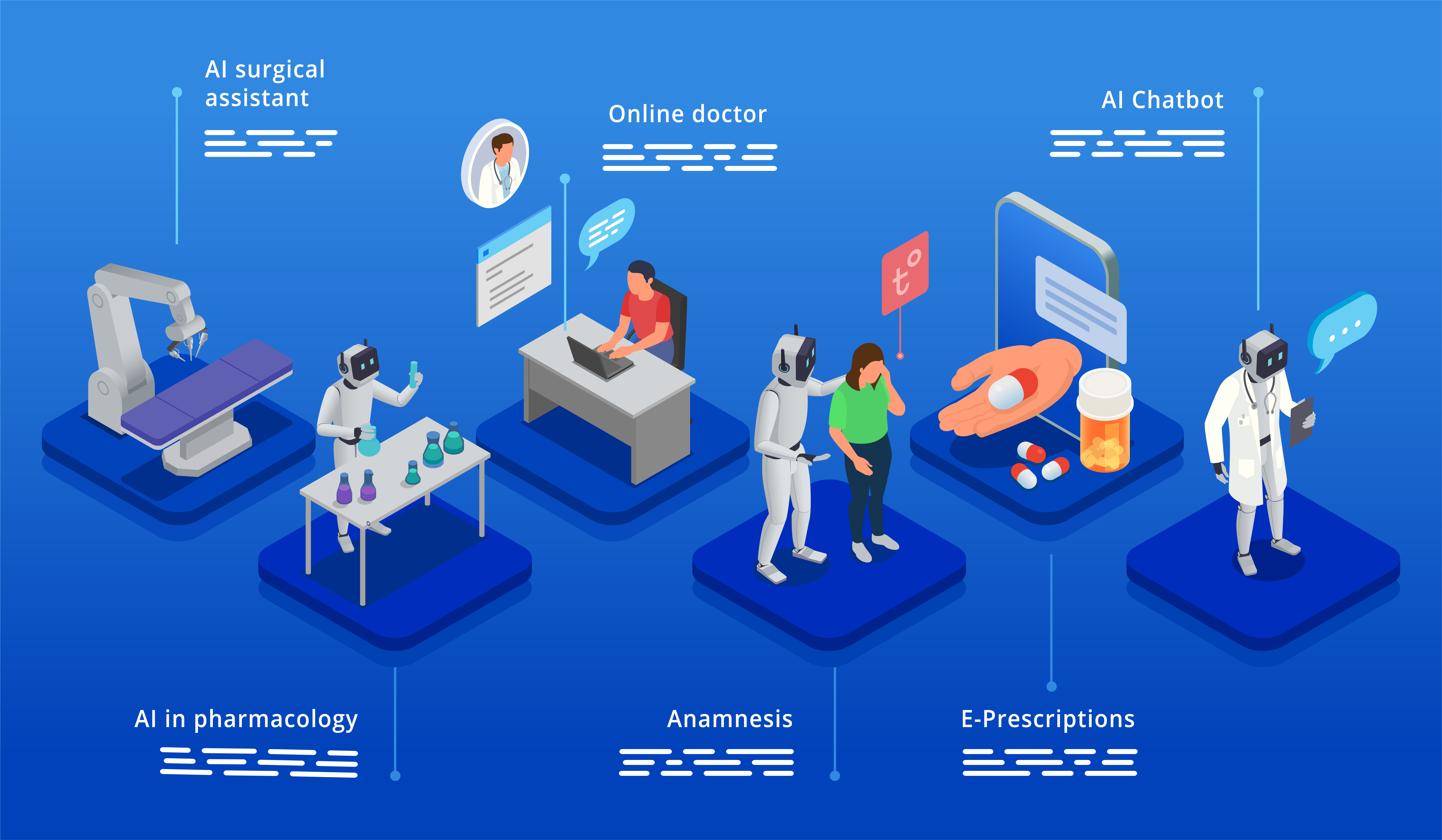Today’s healthcare providers increasingly use artificial intelligence in clinical care for diagnosis, treatment, and patient monitoring in various medical specialties. While some barriers to AI in clinical practice persist, healthcare organizations remain focused on the potential for healthcare AI to aid physicians in clinical decision-making. As healthcare leaders explore the benefits of AI in clinical care, they must make well-informed decisions—specifically about what AI solutions to leverage. Here are ten questions to consider when evaluating healthcare AI technology in the clinical care setting:
- How was the healthcare AI model trained? What data did it rely on during development? Is that data reliable and trustworthy? Likewise, what data feeds into the model, and how is that model refined over time?
- Did the healthcare AI vendor work closely with clinical stakeholders, implementation scientists, and human-factors specialists when designing the healthcare AI solution?
- Was the healthcare AI solution thoroughly validated in clinical settings? If so, how? Are there any pilot studies, prospective studies, or trials?
- What does the healthcare AI vendor do to address and prevent bias? Remember that almost all AI algorithms exhibit bias, so transparency is key. Biased algorithms can still be useful, but only if organizations understand when it is (and isn’t) appropriate to use them.
- How will the healthcare AI solution fit into the clinical workflow? Will it enhance that workflow, or might there be disruptions?
- Does the healthcare AI vendor provide clinician training to ensure effective use in clinical practice? Proper education—including internal training on shared decision-making when using AI in clinical care—can help improve medical staff performance and increase clinical care efficiency.
- What are the direct benefits of AI in clinical care, specifically in terms of what the healthcare AI solution offers? For example, can it acquire healthcare data from patients in real-time and show results to physicians? Will the organization gain clinician buy-in quickly, or will that be a challenge?
- Does the healthcare AI solution integrate seamlessly with the organization’s existing electronic health record system and workflows? Or must the organization invest significantly in new infrastructure?
- What is the implementation cost of the healthcare AI solution? Are there ongoing maintenance costs as well? The AI model will inevitably require updates as medical knowledge evolves and new data becomes available. On a related note, what is the anticipated return on investment?
- How might the healthcare AI solution impact clinical outcomes, and what are the potential risks if an algorithm is incorrect or biased or if actions taken on an algorithm are inaccurate or biased?
Looking ahead
Advances in AI have the potential to transform healthcare as we currently know it, enabling a future that is more personalized, precise, predictive, and portable. Healthcare AI in clinical practice will allow clinicians to provide safer, standardized, and more effective care. However, healthcare organizations must choose wisely. As healthcare leaders continue to explore the benefits of AI in clinical care, asking the right questions will be paramount. This is your starting point – learn how Panda Health can help.
